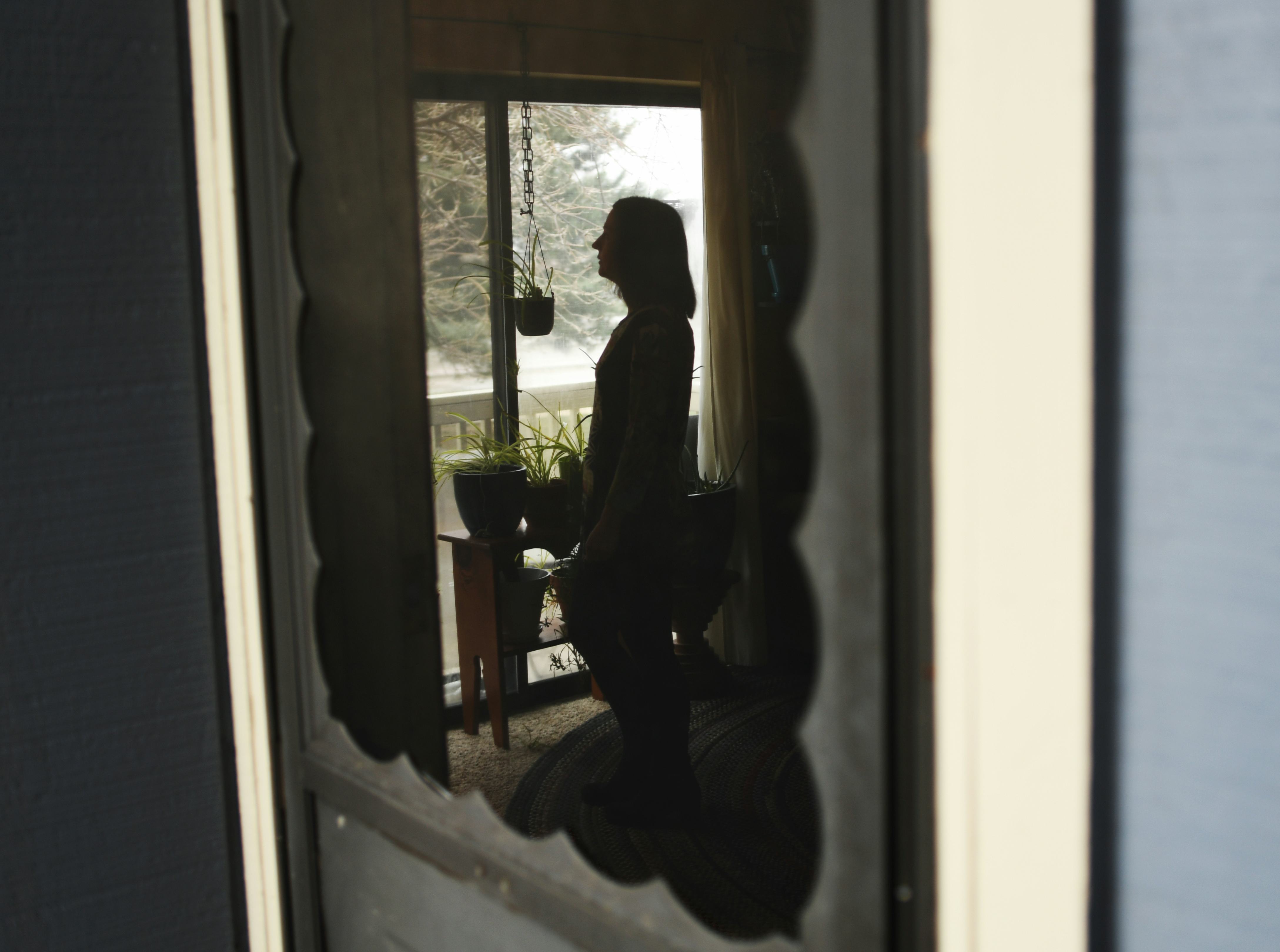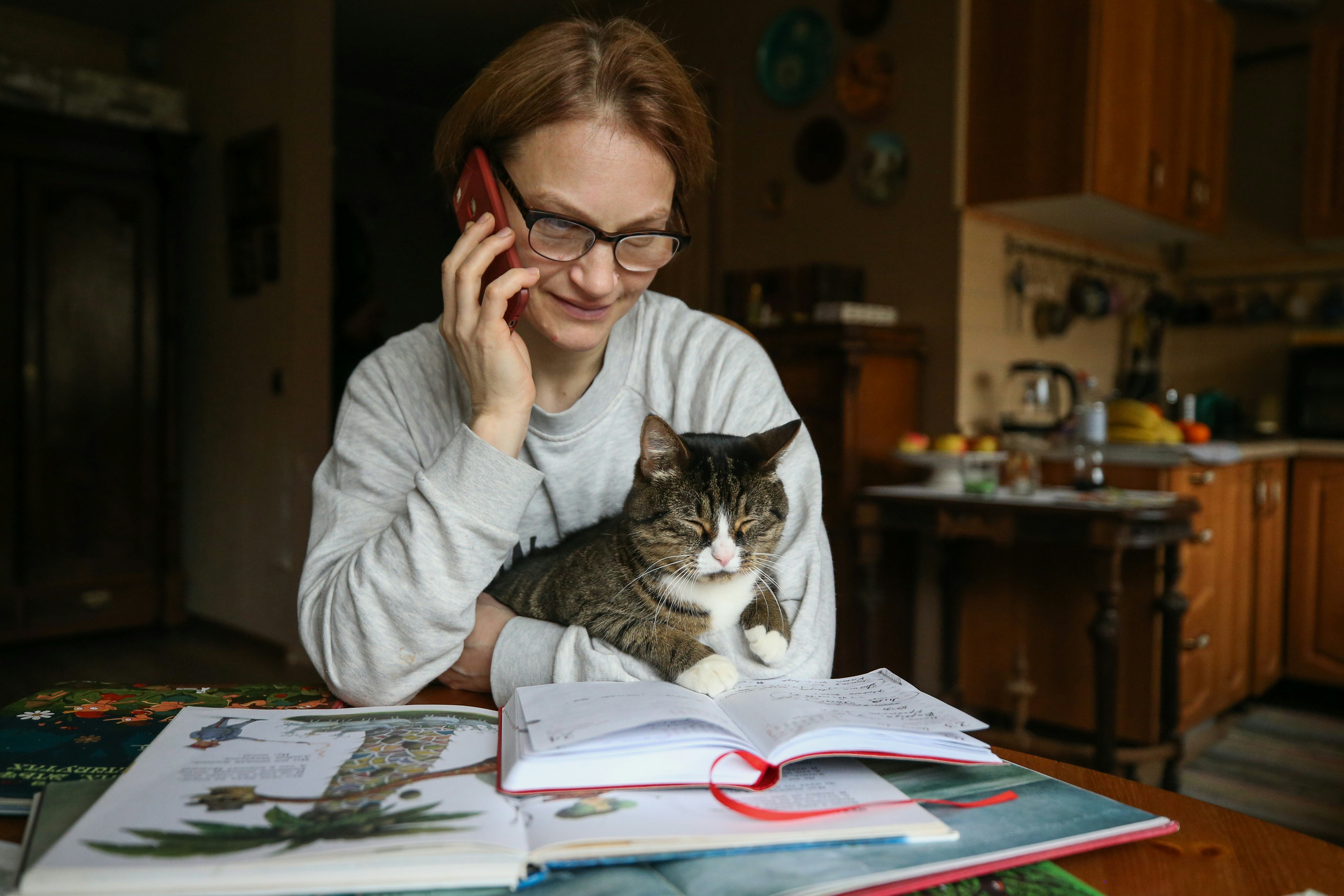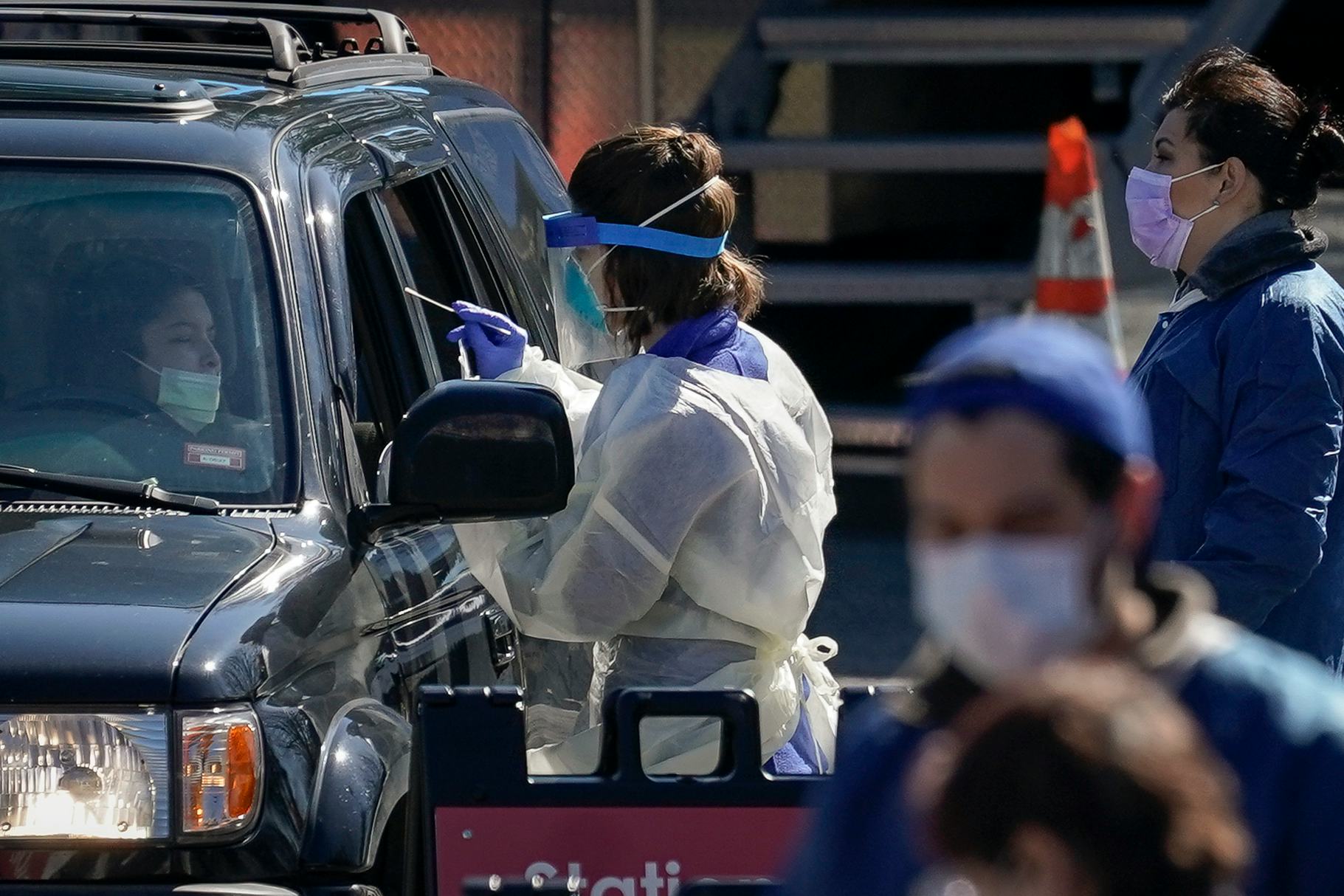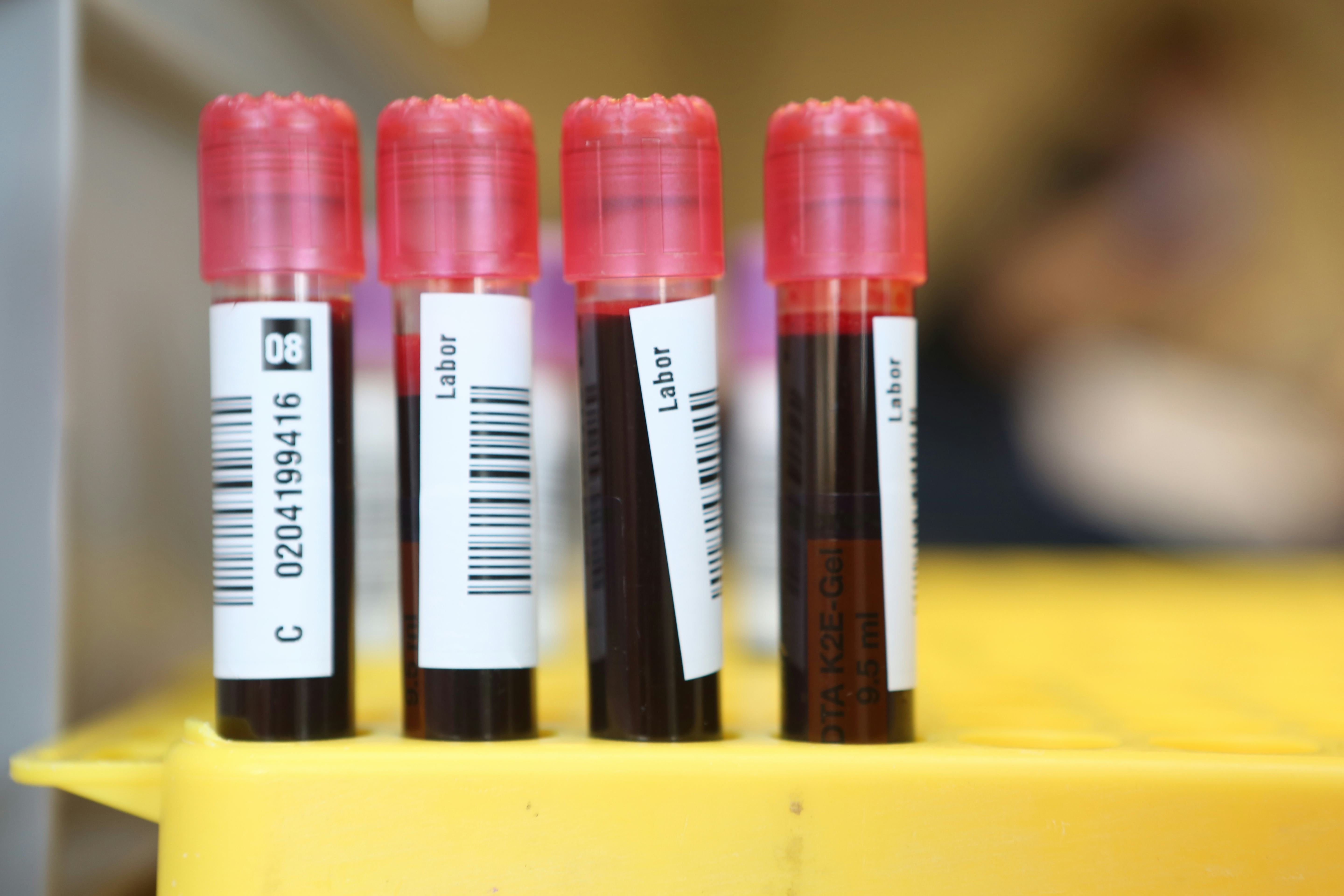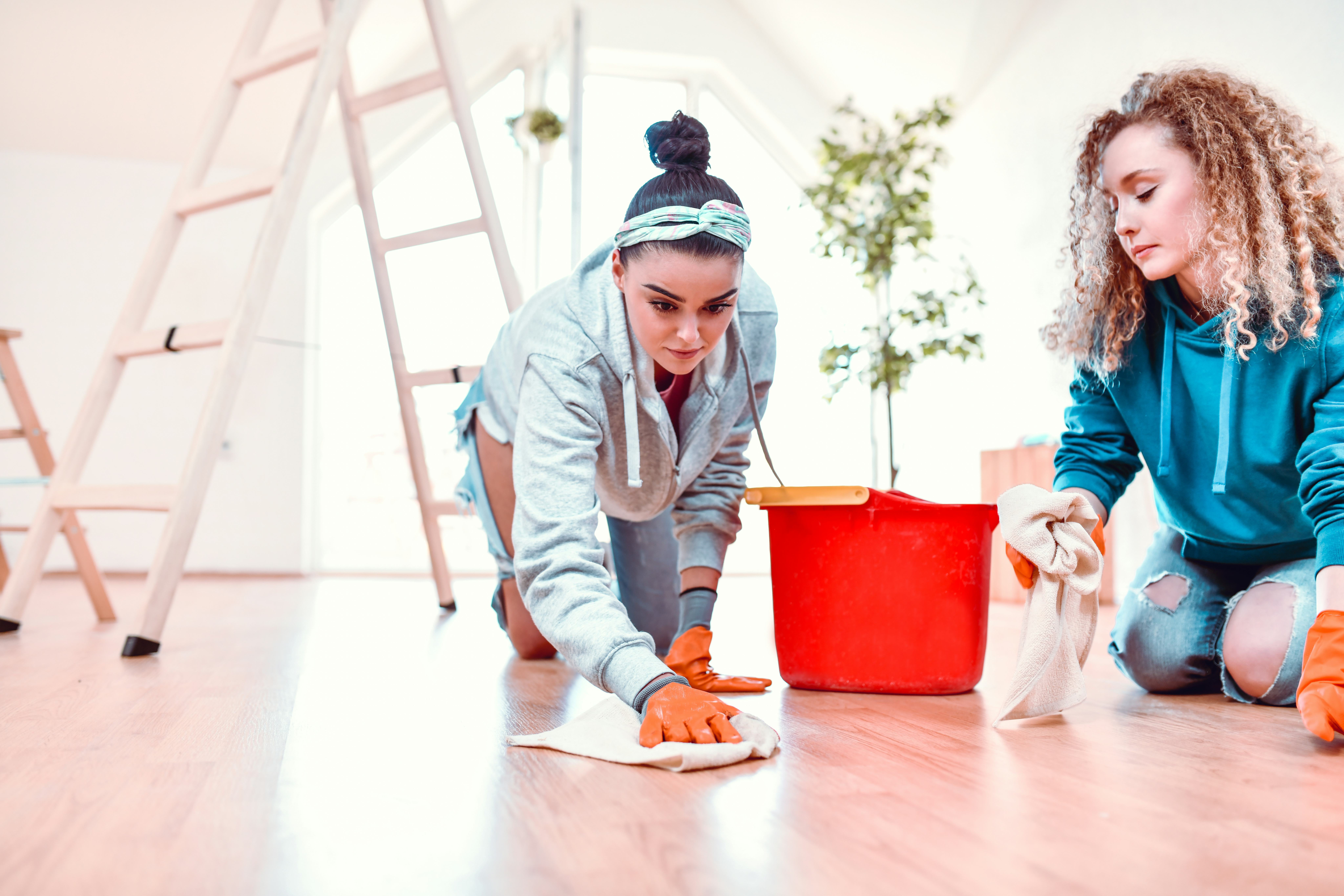As the number of coronavirus cases across the United States continue to rise, with more than 240,000 cases as of April 3, many states have cracked down on their residents’ movement and nonessential outings. People are encouraged to social distance to avoid contracting COVID-19, the respiratory illness caused by the novel coronavirus, but while preventative measures are great, they’re not perfect. So, what happens if you get coronavirus and you live alone? There are steps you can take to take care of yourself and get the resources you need.
For weeks, the Centers for Disease Control and Prevention (CDC) have advised anyone who feels sick to stay at home. Now, with shelter-in-place measures across the country, more people are staying where they are and only leaving the house for essentials like groceries or medication. Even if you are taking these precautions, however, it’s important to know what the symptoms of coronavirus are so you can monitor your health. According to the World Health Organization (WHO), fever, dry cough, fatigue and shortness of breath are some of the most common symptoms of the coronavirus. Other symptoms can include body aches, nasal congestion, sore throat, diarrhea, or a runny nose, per the WHO. There have also been reports of cases in which loss of smell and taste were also early symptoms, per CNN. Symptoms of the coronavirus typically start gradually before getting more severe, according to the WHO.
Ideally, staying at home as much as possible will limit your chances of contracting the coronavirus. But if you do get sick and you live by yourself, the most important thing to keep an eye on is your breathing. If you have a fever and you’re coming down with respiratory symptoms like a cough or difficulty breathing, the first thing you should do is call your health care provider. After listening to your symptoms, they will be able to advise you on whether or not you need to get tested for the coronavirus. If you do go in for a test, make sure to wear a face mask and stay at least six feet away from others. But try not to freak out: According to the CDC, most people with the virus have relatively mild illnesses, and are able to make a full recovery at home without any hospitalization.
According to Dr. Jeff Martin, a professor of epidemiology at the University of California, San Francisco, you should keep a close eye on your symptoms, so that you know when to get medical attention. "The key thing there to keep an eye out on is one’s breathing," Martin tells Elite Daily. "It is expected that there will be fever, there will be cough, there may be some abdominal symptoms, there may be body aches. These are things which will not get you into serious trouble; you’ll have to ride these out."
Keep an eye out, though, for the warning signs of escalating illness. "If you become easily short of breath while just walking from a bed to a bathroom or even short of breath at rest, that’s when you need to get yourself to a health care facility," Martin adds. "It’s really all about the breathing."
If you are sick and suspect that it’s the coronavirus, the WHO cautions against taking antibiotics, as they only work against bacterial infections, not viral ones. Instead, you should drink plenty of fluids and get a good amount of rest. While both the CDC and the WHO advise against antibiotics, they do recommend taking over-the-counter medications like Tylenol to help with specific symptoms.
If you’re sick — even if you don’t know for sure that it’s the coronavirus — make sure to stay in touch with your doctor, stay home, and avoid taking any public transit if you do need to go get tested. That means you should refrain from taking ride shares, taxis, or the subway, if you’re able. Not everyone will be able to avoid public transit, but avoiding shared spaces like these will reduce your chances of spreading the virus. If you must travel publicly, Martin says it’s relatively safe to get a taxi or car service as long as you wear a mask and touch as little as possible, even the car door handle. "If you’re sitting on the opposite end of a car from a driver and you yourself have a mask on and you’re not touching anything, you’re very unlikely to infect that driver," he says.
According to Martin, getting tested should be a priority for anyone who suspects that they have contracted the coronavirus, so long as it can be done safely. "Public health authorities need to count these cases," Martin says, "so, if you can go to a place in a safe way that you don’t infect others along the way, it’s better to know than not to know." That doesn’t mean, however, that you should rush to the nearest hospital the minute you feel any potential symptoms. Instead, Martin recommends asking your doctor to refer you to a reliable testing site near your home. That could be a drive-through testing center, for example, or any facility that "promotes physical distancing," Martin says, but it’s important that you don’t turn up to a health care facility without warning.
If you live alone and you’re worried about contracting the virus, you can take steps now to prepare. For starters, make sure to stock up on essentials like nonperishable food, cleaning supplies, prescription medications, and anything else you need on a daily basis. Martin says that people living alone should think about stocking up on two to three weeks’ worth of food, though they can also safely receive food deliveries. The CDC also recommends that people who live alone stay in touch with friends and family via phone or email, so that if you get sick and need help, you can easily get ahold of them. If you have a chronic health condition, you should also ask your friends, family members, or health care provider to regularly check in on you, per the CDC.
Not everyone has friends or family living nearby, however, so it’s a good idea to get to know your neighbors, too. Come up with a contingency plan in case you or your neighbors get sick, so that you can arrange things like grocery deliveries or pharmacy runs for one another. In addition to maintaining an emergency contact list, you can also try to create or join a social media group for your building or neighborhood, so that you can easily get in touch with people who live nearby. If you get sick and you live alone, you can hopefully count on your neighbors to pet-sit, bring you food, or help you get the medical care you need.
If you think you’re showing symptoms of coronavirus, which include fever, shortness of breath, and cough, call your doctor before going to get tested. If you’re anxious about the virus’s spread in your community, visit the CDC for up-to-date information and resources, or seek out mental health support. You can find all Elite Daily’s coverage of coronavirus here.
Experts cited:
Dr. Jeff Martin, professor of epidemiology at the University of California, San Francisco
More like this
How To Donate Blood During The Coronavirus Pandemic, Because Yes, It’s Needed
What To Do If You Get Coronavirus & You Live With Roommates, To Keep Everyone Safe
Here’s How To Get Your Coronavirus Stimulus Payment, If You’re Eligible
Stay up to date
Don’t miss a thing with the Elite Daily newsletter.
Source: Read Full Article

